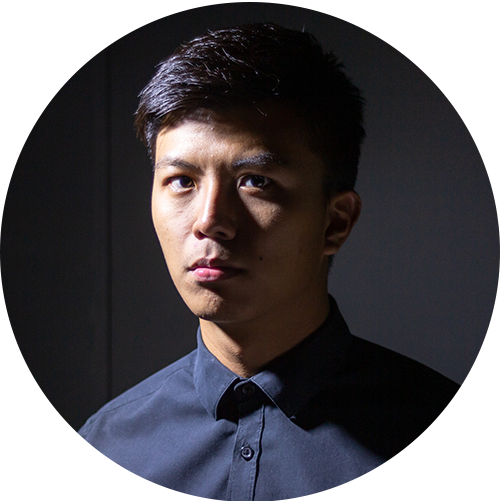This story was originally published on TechNode on June 7, 2019. TechNode is a trusted and respected information outlet, events organizer, and an integral part of the tech and startup community both inside and outside of China. Read the original story here.
Chat Room: Michael Norris on Luckin Coffee’s business model
While Luckin Coffee is projected to have the largest coffee network in China by the end of 2019 at its current rate of growth, the sustainability of its business model remains to be seen, said Michael Norris, research and strategy manager at AgencyChina.
Frustrated by the lack of insights in English-language media coverage of the coffee startup, he decided write a series of articles analyzing the company’s business model.
Norris regularly conducts in-depth market research to help domestic and foreign firms understand how China’s consumer and technology spaces are evolving. Having read the Chinese perspective on Luckin Coffee, he decided to bring the story to light.
“I’d seen a lot of English-language press which just looked at the PR notes that the Luckin team had given them and were just playing exactly from that without doing any digging,” Norris said.
There are reasons both to care and not care about Luckin Coffee, Norris said. Luckin Coffee is one of many businesses that are trying to scale massively over physical assets, and this model can be replicated across different industries. “The next industry that that particular model is applied to might very well be your own,” he said.
However, since the average lifespan of a publicly listed companies is 10 years, it remains to be seen “whether or not it’ll even get that far, and then whether or not it makes a profit,” he said.
But investors aren’t “quite yet done” with blitzscaling over physical assets, Norris said. “We’re seeing good amounts of money being put into cloud kitchens or shared kitchens. We’re seeing half-decent amounts of money being applied to other types of micro-mobility in the States, so scooters and the like, and so Luckin Coffee itself—who knows?”
